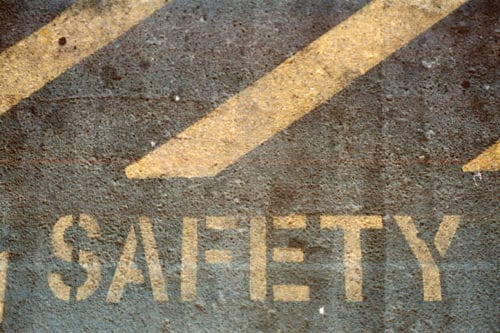The beginning of a new academic year has arrived. A season of revised syllabi, Five Star notebooks, staggering lists of campus events and new students anticipating their first fall semester at Montclair State University. However, across the country, this time of the year can also become a high-risk period for female undergraduates.
Many university administrators and sexual violence experts nationwide refer to the fall semester as “the red zone,” describing the time period when “sexual assaults on U.S. college campuses [sometimes] spike” from the start of the semester to the Thanksgiving holiday break, according to a recent article published by NBC News.
Based on a University of Colorado Boulder survey, freshman females can often be the most susceptible, with 65 out of 70 percent falling victim to sexual assault at school.
The first year of college can become a new, rebellious adventure or an academic and social exploration. For some incoming freshmen, however, their social exploration may wander into dangerous or high-risk situations involving drinking or illegal substances. These are vulnerable areas for first-year female students, who may be subjected to forcible sexual encounters on campus.
Recent headlines this month have further illustrated this growing and dire problem.
Stanford student Brock Turner was given a reduced sentence of only six months, and served only three months behind bars for sexually assaulting an unconscious female student. Meanwhile, campus protests have occurred at University of North Carolina for the school’s lack of advocacy for rape victims and criminalizing of perpetrators. While these stories have both sparked national and public outrage, little action has been taken by college administrators.
Thankfully, Montclair State provides several campus resources for rape victims that come forward. Once the incident is reported to the University Police, the Sexual Assault Response Team (SART) provides aid from forensic nurses and rape care advocates for the victim’s recovery. The Women’s Self Defense Group, starting on Sept. 27, aims to help women who have experienced sexual trauma through group counseling and self-defense training.
Although other resources like the RaveGuardian timer-based mobile app and the Street Smart Program can help prevent students from being attacked, more resources should be provided in preventing sexual offenses in social, high-risk situations.
For example, The Montclarion reported the sexual assault investigation that resulted in student Charles J. Jones’ arrest in October 2015. Yet, statistics from the university’s Jeanne Clery Act show five reports of rape that occurred on campus in 2014 and 2013. One case of rape is one too many, and there are probably more victims that have yet to come forward.
All in all, more conversation and education needs to be made available to combat the alarming rate of sexual assault, particularly with first-year female undergraduates at colleges and universities all over the country. We can start that conversation here at Montclair State. We have a responsibility to advocate and educate the community through evaluating healthy relationships, educating on bystander intervention and combating sexual coercion.
This is a very significant, special time in the academic year for freshmen students and the rest of the student body.
Let’s have a great, safe rest of the semester.



